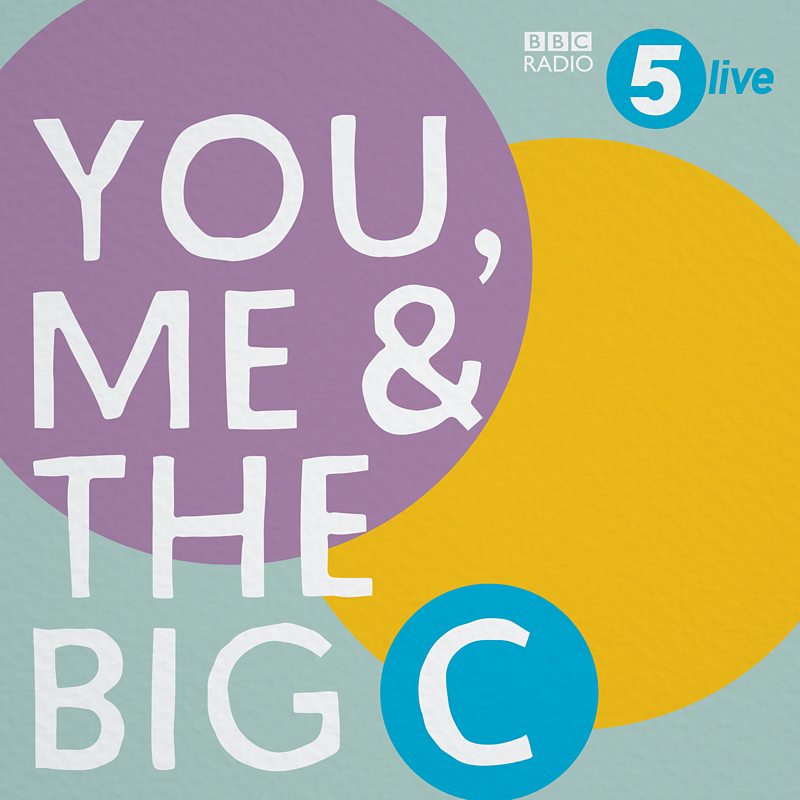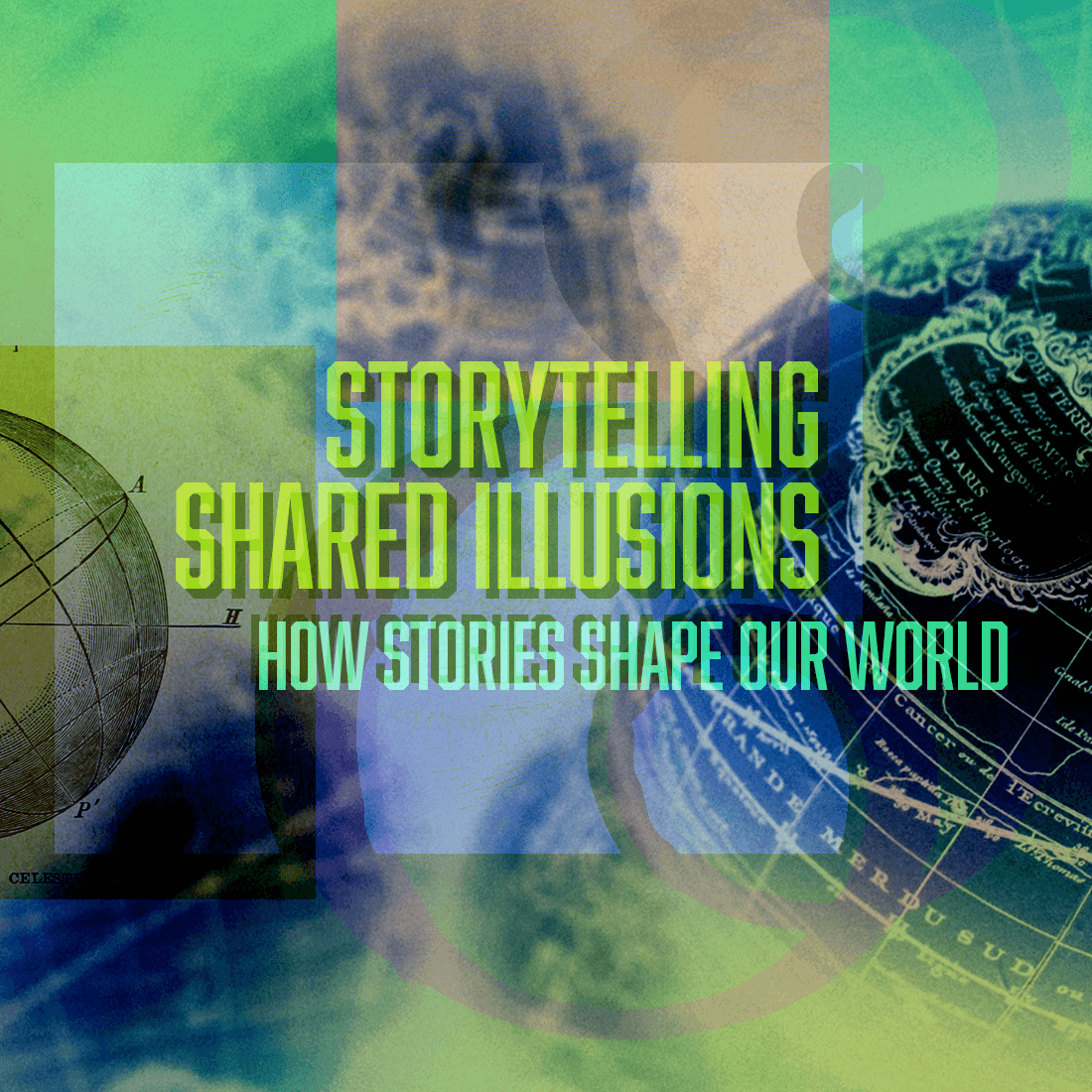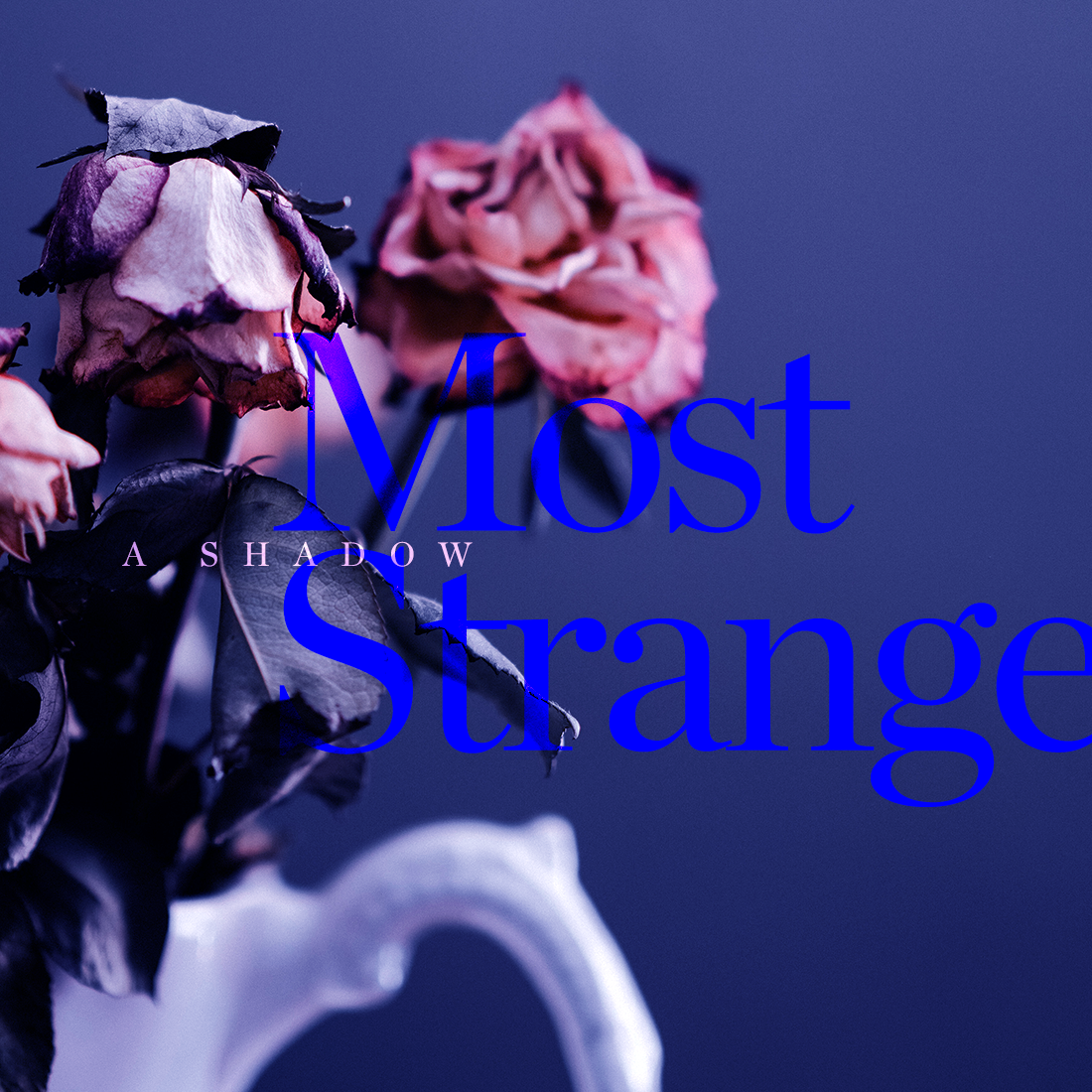SWEDIAN LIE
With each passing, there is two kinds of death. The first happens in the material realm; the finite deterioration of muscle and sinew fighting the eternally futile battle against time’s gradual creep. The second happens in the emotional realm; the infinite mind games of memories and nostalgia playing on repeat for the rest of time, until we — the griever, the left-behind — pass, too.
It is this second kind of death — the one that lingers in the air far longer than its physical counterpart — that fascinates me, particularly in this age of audio storytelling. As I get older and death becomes less and less rare, I find myself gravitating almost unnaturally to engagement with this second kind of death in the form of airwaves.

There’s something deeply intimate and engaging with a purely audio-based storytelling format. The listener is able to simultaneously feel the emotional power of a death (whether it’s personal or not) while also recognizing and understanding the larger perspective surrounding a death. Perhaps it is because the most haunting element of a death — in particular, the second kind — is the eternal silence that comes after; in talking about death, the sound of a human voice fills the gap and the bottomless void once filled by a human presence. The air doesn’t feel so heavy when a voice is there to break up its weightiness.
In no particular order, here are some of my favorite — and favorite is a strange term to use in these circumstances — podcasts and podcast episodes centered around death from the past year. I hope that in sharing some of these story and storytellers, we can as a society talk more openly and deeply about death, in a way that acknowledges its arresting power but also its familiar ubiquity. These stories range from the impersonal to the personal, from the private to the public. But all of them recognize death for what it is — an intense reminder of one’s own mortality as well as an “event” that has been with us since the dawn of time and will define us through to the very end.
Note: the following Spotify audio embeds are previews of the episodes — you can listen to them in full when you open your Spotify app.
Griefcast with Cariad Lloyd, created and hosted by Cariad Lloyd
Listen to it on iTunes, Spotify, Stitcher, or your podcasting app of choice
Hosted by British comedian Cariad Lloyd, this hour-long podcast is undoubtedly about grief — Lloyd begins each episode with a slightly somber reminder of her first encounter with grief, with the death of her father when she was 15 — but it’s also about life, love, and laughter, as Lloyd invites her fellow comedians to talk about grief personal or impersonal. Griefcast will likely make you cry; whether it’s because of laughter or because of sadness is entirely up to you.
In the episodes below, Lloyd chats with fellow female comedians Aisling Bea, whose father committed suicide when she was 3, and Meshel Laurie, who volunteers in palliative care in her home country of Australia.
You, Me, and the Big C: Putting the can in cancer, hosted by Rachael Bland, Deborah James and Lauren Mahon for BBC Radio 5
Listen to it on iTunes or on the BBC Radio 5 website

Hosted by Welsh radio presenter Rachael Bland and her two friends Deborah James and Lauren Mahon (both cancer victims as well), this podcast was first started by Bland after she was diagnosed with breast cancer as a way to discuss & raise awareness about the disease, as well as share her personal journey of treatment. The roughly hour-long podcast (which also exists as a radio show in the U.K.) features in-depth interviews with cancer doctors and professionals as well as tips about living with cancer.
In the episodes below, we first get to know the three hosts and their own cancer journeys — and we also hear the end of one of these journeys, and what may come after.
Happy Place, created and hosted by Fearne Cotton
Listen to it on iTunes, Spotify, Stitcher, or your podcasting app of choice
Hosted by British radio personality Fearne Cotton, Happy Place was inspired by Cotton’s bestseller book Happy: Finding joy in every day and letting go of perfect, where she writes about happiness (and the lack of it, at times) and mental health in her life as well as the life of others. In this podcast, which ranges from about 30 to 45 minutes, Cotton talks to various friends from both in the entertainment industry as well as out of it about what happiness means to them.
In this episode, Cotton talks to an old friend of hers, Zephyr Wildman, about the death of her husband and how she has learned to cope with the sudden and tragic loss of someone so near and dear to her.
Popcast, hosted by Jon Caramanica for The New York Times
Listen to it on iTunes, Spotify, Stitcher, or your podcasting app of choice
Hosted by music critic Jon Caramanica, the podcast covers the latest in pop music news as well as criticism, trends, and music reviews. Part of the brief includes covering the death of iconic musicians and discussing their legacy and impact to society at large.
In the episodes below, Caramanica and his guests discuss the deaths of musicians and artists whose music have — in a completely biased manner — impacted my life and growth into adulthood significantly: Dolores O’Riordan of The Cranberries, Chris Cornell of Soundgarden, and Chester Bennington of Linkin Park.
Ideas, hosted by Paul Kennedy for CBC
Listen to recent episode highlights on iTunes, Stitcher, or your podcasting app of choice
Hosted by Canadian radio documentarian Paul Kennedy, this podcast by the Canadian Broadcasting Company (CBC) discusses “social issues, culture and the arts, geopolitics, history, biography, science and technology, and the humanities” — basically, human ideas across history. The podcast adopts a documentarian approach to most topics, and for the topic of death, a series of episodes were produced that covered a wide ranging discussion about the nature of death and its future.
In the episodes below — which first aired in 2014 — experts discuss death from various angles, including the emergence of death cafes, death doulas, and even looking forward to the future of death with the rising green burial movement.



